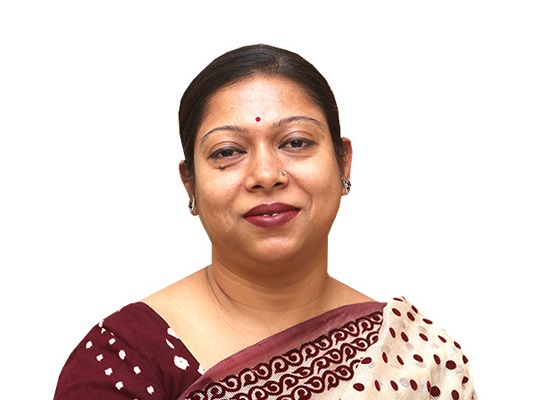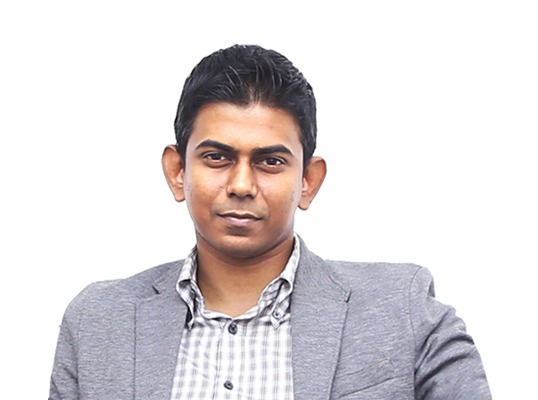PSYCHIATRIC TREATMENT
Book An Appointment
COUNSELING
It’s good to talk, sometimes it’s difficult to say what’s on your mind. Talking to a therapist can help you cope with difficulty and make positive change.
What is Therapy and Counseling?
Therapy offers you a safe, confidential place to talk about your life and anything that may be confusing, painful or uncomfortable. It allows you to talk with someone who is trained to listen attentively and to help you improve things.
How will therapy make me feel?
Therapy is a very personal process. Sometimes it is necessary to talk about painful feelings or difficult decisions, so you may go through a period of feeling worse than when you started. However, therapy should enable you to feel better in the long run.
If you do experience a period of feeling worse, talk to your therapist about it to ensure you get the best out of your therapy.
Will I feel better straight away?
Usually it will take a number of counseling sessions before therapy starts to make a difference. However on rare occasions, a single session may be enough.
Does it work for everybody?
Therapy doesn’t work for everybody. It is not a universal cure-all. Because you may be talking about very personal and often painful things, it can sometimes be difficult to keep going. Despite this, it is often worth the effort as you can be helped to work through problems.
Counseling for Substance (DRUG) Abuse in Prottoy
In Prottoy, substance abuse and behavioral disorder counselors advise people who suffer from alcoholism, drug addiction, eating disorders, or other behavioral problems. They provide treatment and support to help the client recover from addiction or modify problem behaviors.

Substance abuse and behavioral disorder counselors in Prottoy do the following:
- Assess and evaluate clients’ mental and physical health, addiction or problem behavior, and readiness to treatment
- Help clients develop treatment goals and plans
- Review and recommend treatment options with clients and their families
- Help clients develop skills and behaviors necessary to recover from their addiction or modify their behavior
- Work with clients to identify behaviors or situations that interfere with their recovery
- Teach families about addiction or behavior disorders and help them develop strategies to cope with those problems
- Refer clients to other resources and services, such as job placement services and support groups
- Conduct outreach programs to help people identify the signs of addiction and other destructive behavior, as well as steps to take to avoid such behavior. Furthermore, we help clients rebuild professional relationships and, if necessary, reestablish their career. We also help clients improve their personal relationships and find ways to discuss their addiction or other problem with family and friends.
Counseling for Psychiatric Illness by Prottoy’s Clinical Psychologist
Mental health counseling is what people typically think of when they hear the word counseling, but counselors’ actual job duties may go well beyond what people imagine. Clinical counselors do indeed talk people through problems. In many cases, though, they diagnose as well as treat mental illness.
Some mental health counselors help people who have normal cognitive processes cope with difficult life events, for example, physical illness, death of loved ones, and relationship problems or divorce. Others help people manage serious mental illnesses like bipolar disorder. Counselors need to know when to refer clients or patients for additional resources and how to identify when abuse may be happening or when there is a risk of suicide or other violence.
Clinical mental health counseling is a distinct profession with national standards for education, training and clinical practice. Our Clinical mental health counselors are highly-skilled professionals who provide flexible, consumer-oriented therapy. They combine traditional psychotherapy with a practical, problem-solving approach that creates a dynamic and efficient path for change and problem resolution.
How does Psychotherapy help?
Psychotherapy helps people with a mental disorder to:
- Understand the behaviors, emotions, and ideas that contribute to his or her illness and learning how to modify them.
- Understand and identify the life problems or events — like a major illness, a death in the family, a loss of a job, or a divorce — that contribute to their illness and help them understand which aspects of those problems they may be able to solve or improve
- Regain a sense of control and pleasure in life.
- Learn coping techniques and problem-solving skills.
Types of Therapy
Therapy can be given in a variety of formats, including:
Individual
This therapy involves only the patient and the therapist.
Group
Two or more patients may participate in therapy at the same time. Patients are able to share experiences and learn that others feel the same way and have had the same experiences.
Marital/Couples:
This type of therapy helps spouses and partners understand why their loved one has a mental disorder, what changes in communication and behaviors can help, and what they can do to cope.
Family
Because family is a key part of the team that helps people with mental illness get better, it is sometimes helpful for family members to understand what their loved one is going through, how they themselves can cope, and what they can do to help.
Behavioral Therapy
This therapy is based on the belief that behavior is learnt in response to past experience, and can be un-learnt or reconditioned through association, without analyzing the past to find the reason for the behavior. It often works well for compulsive and obsessive behaviors, fears, phobias and addictions.
Cognitive Therapy
This type of therapy uses the power of the mind to influence behavior. It is based on the theory that previous experiences can damage self image, which can affect attitude, emotions and an ability to deal with certain situations. It works by helping the client to identify, question and change poor mental images of themselves, thus steering away from negative responses and behavior. Cognitive therapy can help people to view things more optimistically.
Cognitive Behavioral Therapy (CBT)
This type of therapy combines cognitive and behavioral techniques. Clients are taught ways to change thoughts and expectations, with the use of relaxation techniques. CBT has been effective for stress-related ailments, phobias, obsessions, eating disorders, and major depression (sometimes when combined with drug treatment).
Cognitive Analytic Therapy (CAT)
Cognitive Analytic Therapy is a collaborative program used to look at the way a person thinks, feels and acts, and the events and relationships that underlie these experiences (often from childhood or earlier in life). As its name suggests, it brings together ideas and understanding from different therapies into one user-friendly and effective therapy. It is a time-limited therapy – between 4 and 24 weeks, but typically 16 weeks. At its heart is an empathic relationship between the client and therapist within the therapeutic boundaries, the purpose of which is to help the client make sense of their situation and to find ways of making changes.
Dialectical Behavioral Therapy (DBT)
DBT was developed from Cognitive Behavioral Therapy (CBT). With the main aim of CBT being to change behavior, DBT is also based on the acceptance of the client’s behavior, which can help some client’s with very intense emotions to not feel rejected by the strong focus on change. DBT aims to balance acceptance with change. With certain techniques used, DBT therapists can point out to clients that their behavior, even though may not be in their best interest in the long term, makes sense, as it is often the only way they have learned to deal with such intense emotions; and appears to lead to positive consequences in the short term. In addition to this however, the therapist can also challenge the client to make change in their life and to learn other ways of dealing with their distress.
Family Therapy
This type of therapy is used to treat a family system rather than individual members of the family. As a form of systemic therapy it requires specifically trained counselors
Relationship Therapy
Relationship counseling encourages the parties in a relationship to recognize repeating patterns of distress and to understand and manage troublesome differences that they are experiencing. The relationship involved may be between members of a family, a couple, or even work colleagues.
Rational Emotive Behavior Therapy (REBT)
This therapy is based on the idea that emotional and behavioral difficulties are the result of irrational thoughts and beliefs. The REBT approach helps the client to identify these thoughts and replace them with more rational and realistic assumptions and ideas. REBT is a subset of Cognitive Behavioral Therapy (CBT).
Marriage and family Counseling:
Marriage and family counselors help people work through problems and rebuild relationships. Sometimes couples seek them because they’re trying to avoid divorce. Sometimes families need help working through a crisis or stressful time: a death in the family, an illness, a lay off. Sometimes there’s substance abuse involved. Marriage and family therapists help individuals express needs appropriately, make compromises, and establish boundaries. They also make assessments as needed to assure that individuals and family units receive appropriate services.
Our Specialist
Saudha Saha
Head Of OperationProf. Brig. Gen. Dr. Kumrul Hasan
Consultant PsychiatristDr. Maruf Muntasir
Visiting Consultant Psychiatrist
Dr. Md. Rahanul Islam
Consultant Psychiatrist
Tamima Tanjin
Senior Consultant Clinical Psychologist
Jannatul Ferdous
Consultant Clinical Psychologist





Follow us